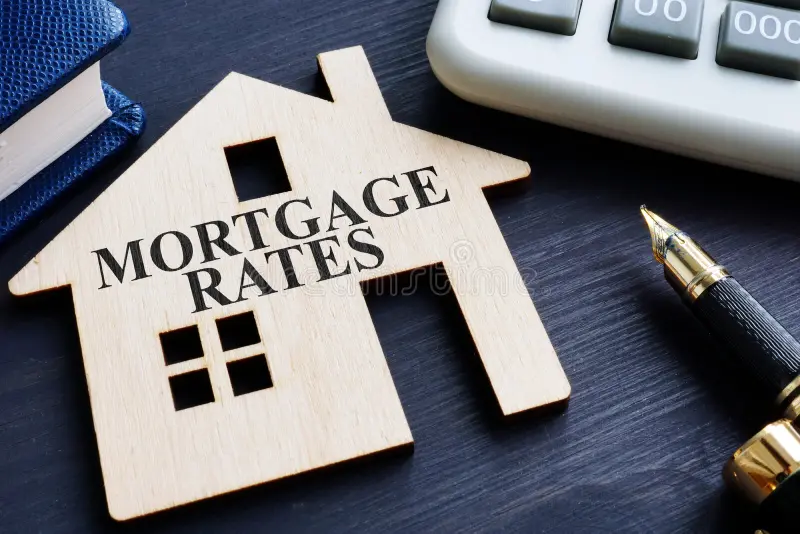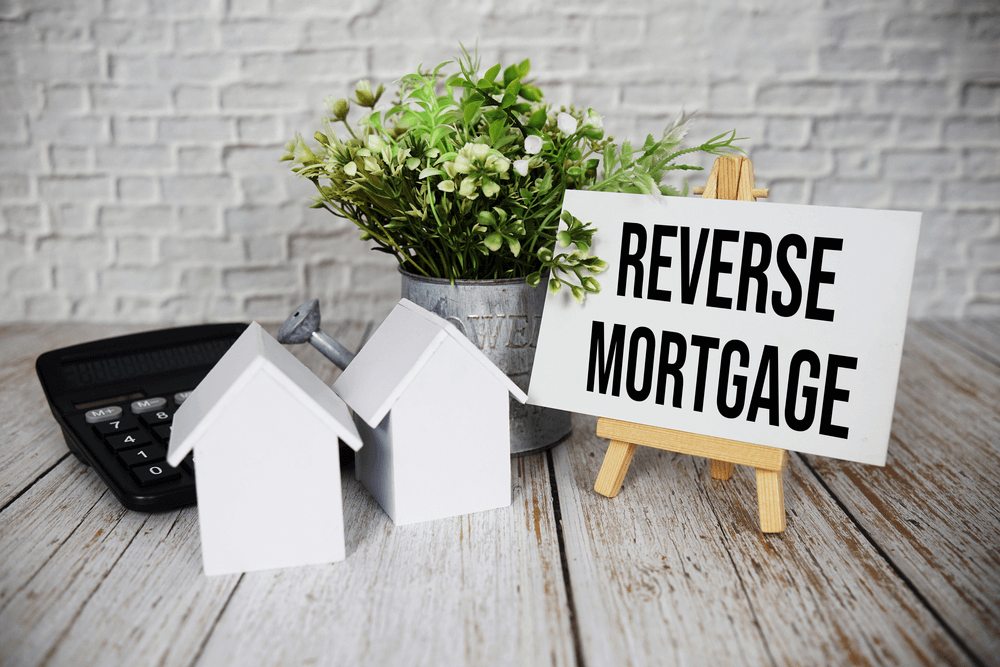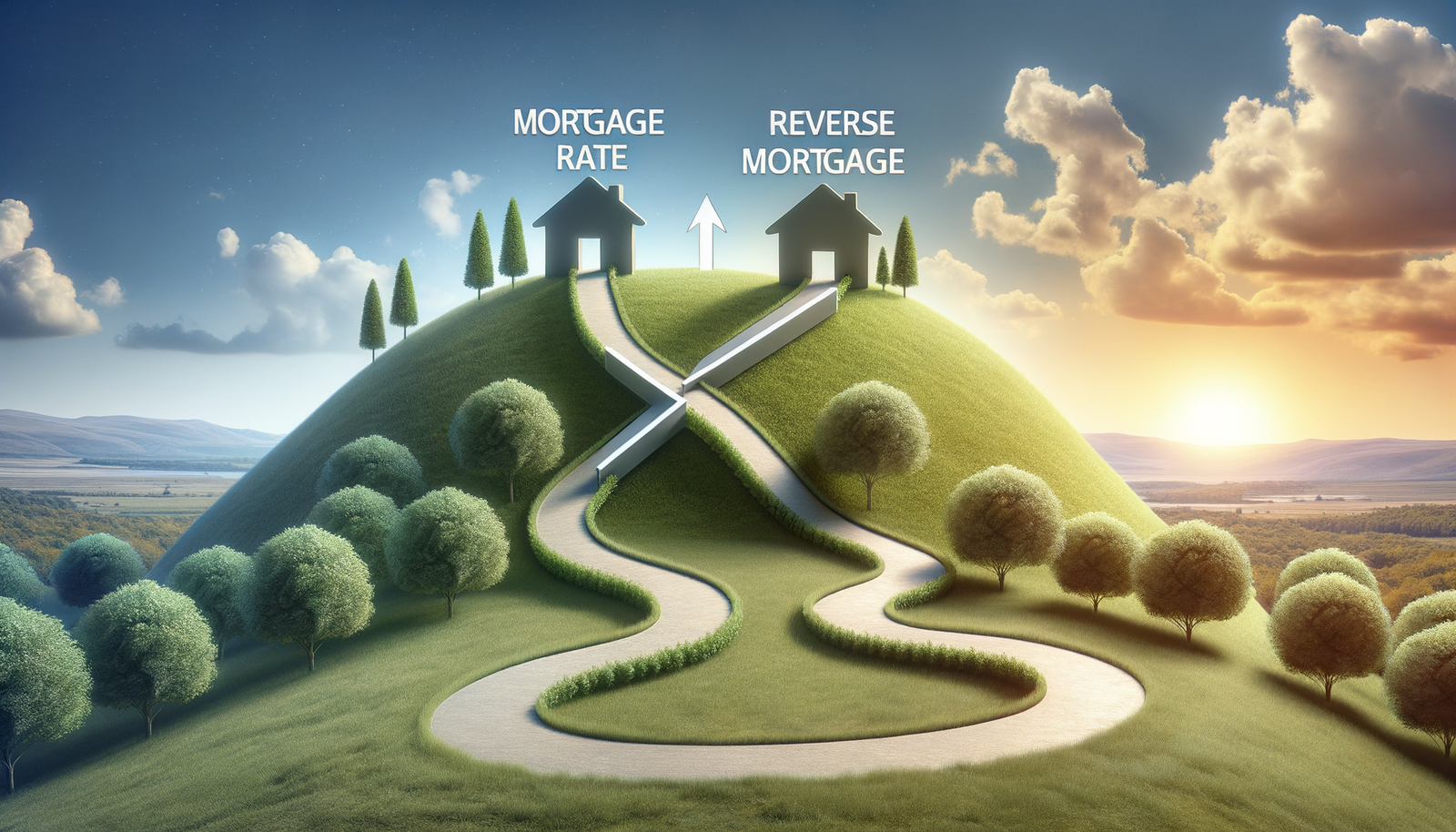Exploring the many-sided universe of mortgage can be overpowering, particularly when confronted with decisions like a conventional mortgage rates versus a graduated reverse mortgage. Every choice has its exceptional advantages and disadvantages, custom-made to various monetary necessities and life stages. This guide plans to disentangle the intricacies, assisting you with deciding the best fit for your circumstance.
Understanding Mortgage Rates
What is a Mortgage Rates?
A mortgage rate is the financing cost charged on a mortgage . It is a basic figure deciding the expense of getting the means to buy a home. These rates can be fixed, meaning they stay steady for the advance term, or variable, fluctuating in light of economic situations.
Factors Impacting mortgage Rates
A few variables impact contract rates, including financial pointers, expansion, the Central bank’s money related strategy, and market interest. Individual factors, for example, FICO rating, credit sum, and credit term likewise assume a critical part.
Sorts of mortgage Rates
Fixed-Rate mortgage: Offer dependability with steady regularly scheduled installments.
Customizable Rate mortgage (ARMs): Begin with a lower rate that can change occasionally.
Interest-Just mortgage: Take into account lower introductory installments, with the full advance sum due later.
Large Advances: Higher financing costs for credits surpassing standard mortgage limits.
Upsides and downsides of Fixed-Rate mortgage
Pros:
Unsurprising regularly scheduled installments
Assurance against increasing financing costs
Cons:
By and large higher introductory rates contrasted with ARMs
Less adaptability on the off chance that rates drop
The Idea of House buybacks
What is a Graduated reverse mortgage?
A graduated house buyback permits mortgage holders, commonly matured 62 or more seasoned, to change over piece of their home value into cash. Dissimilar to a conventional mortgage, no month to month contract installments are required. All things considered, the advance is reimbursed when the borrower sells the home, moves out for all time, or passes away.
How Reverse Mortgage Work
Reverse Mortgage give supports in a singular amount, regularly scheduled installments, or a credit extension. The advance equilibrium increments over the long haul as interest and expenses aggregate, lessening the home value.
Sorts of Reverse Mortgage
Home Value Change mortgage(HECM): The most well-known type, guaranteed by the Government Lodging Organization (FHA).
Exclusive Graduated Reverse Mortgage: Confidential advances presented by individual organizations.
Single-Reason House buybacks: Regularly presented by state and neighborhood government offices for explicit purposes like home fixes or local charges.
Upsides and downsides of Graduated house buybacks
Pros:
Turns out supplemental revenue for retired people
No month to month contract installments required
Adaptability in how assets are gotten
Cons:
Accumulated interest decreases home value
Expenses and expenses can be high
Possible effect on legacy for beneficiaries
Contrasting mortgage Rates and Graduated reverse mortgage

Monetary Objectives and Necessities
Picking between a mortgage rate and a house buyback relies to a great extent upon your monetary objectives. On the off chance that you’re buying a home or renegotiating to get a lower rate, a conventional mortgage may be the best approach. On the other hand, in the event that you really want extra pay in retirement without regularly scheduled installments, a graduated home buyback could be useful.
Age and Life Stage Contemplations
Your age and life stage essentially impact this choice. More youthful people or families could profit from customary mortgage to develop home value. More seasoned property holders, then again, could find house buybacks appealing for utilizing their current value without the weight of regularly scheduled installments.
Home Value and Long haul Plans
Evaluating your home value and long haul plans is pivotal. If keeping up with or expanding home value is significant, a conventional mortgage may be ideal. On the off chance that you intend to remain in your home as long as possible and need to take advantage of your value, a house buyback could be a feasible choice.
Loan fees and Monetary Circumstances
Loan fees and monetary circumstances are fundamental in concluding which mortgage type suits you. Lower loan fees might make conventional mortgage seriously engaging. Conversely, graduated Reverse Mortgage absence of regularly scheduled installments can give monetary steadiness in fluctuating financial environments.
Assessing the Monetary Effect
Cost Correlation
It’s fundamental for contrast the costs related and every choice. Conventional mortgage include interest installments, confidential mortgage protection (PMI) if material, and different expenses. House buybacks, while taking out regularly scheduled installments, accompany beginning expenses, contract insurance payments (MIP), and overhauling charges.
Charge Suggestions
Both mortgage types have different expense suggestions. Interest on conventional mortgages is normally charge deductible. In any case, switch contract continues are viewed as credit propels and are not available. Counseling an expense guide can assist with explaining these ramifications in view of your circumstance.
Influence on Domain Arranging
Consider what each mortgage type means for your domain arranging. Conventional mortgage develop value that can be given to main beneficiaries. House buybacks diminish home value, possibly influencing the legacy. Clear correspondence with relatives and main beneficiaries is essential to guarantee they grasp your monetary choices.
Adaptability and Future Monetary Security
Adaptability is another basic variable. Conventional mortgage give the adaptability to renegotiate or sell the property, affecting future monetary plans. Graduated Reverse Mortgage, while offering quick monetary help, decrease adaptability due to building interest and value exhaustion.
Concluding Which is Ideal for You
Evaluating Individual Monetary Circumstance
Completely evaluate what is going on, including pay, costs, and future monetary necessities. This evaluation decides if a conventional mortgage or house buyback lines up with your monetary objectives.

Counseling Monetary Guides
Draw in with monetary counsels who can give customized guidance in view of your extraordinary conditions. They can offer bits of knowledge into the advantages and downsides of every choice, assisting you with settling on an educated choice.
Taking into account Long haul Care Needs
For more established mortgage holders, taking into account long haul care needs is vital. Graduated house buybacks can give assets to in-home consideration or adjustments, upgrading the capacity to progress in yars set up. In any case, gauging this against the possible decrease in home equity is fundamental.
Assessing Economic situations
Remain informed about current economic situations and loan costs. This information assists you with jumping all over positive chances, whether settling on a lower-rate conventional mortgage or profiting by the advantages of a graduated house buyback during financial vulnerability.
Investigating Contextual analyses
Genuine Situations
Analyzing genuine situations can give important bits of knowledge. Consider the encounters of people who have picked a customary mortgage or a house buyback. Their accounts can feature viable advantages and difficulties, offering a more clear image of what’s in store.
Examples of overcoming adversity
Examples of overcoming adversity can especially propel. Find out about people who have effectively utilized conventional home loans to create financial wellbeing or the individuals who have upgraded their retirement personal satisfaction through house buybacks. These accounts can direct your dynamic cycle.
ge? Indeed, property holders can change over from a conventional home loan to a graduated house buyback, gave they meet the qualification models for a graduated home buyback.
Conclusion
Choosing a customary home loan and a graduated house buyback requires cautious thought of different elements, including monetary objectives, life stage, home value, and economic situations. The two choices offer extraordinary advantages custom fitted to various necessities. By completely surveying what is going on and talking with monetary counselors, you can settle on an educated decision that best suits your monetary future.


1 thought on “Mortgage Rate vs Reverse Mortgage: Find Out Which is Right for You”